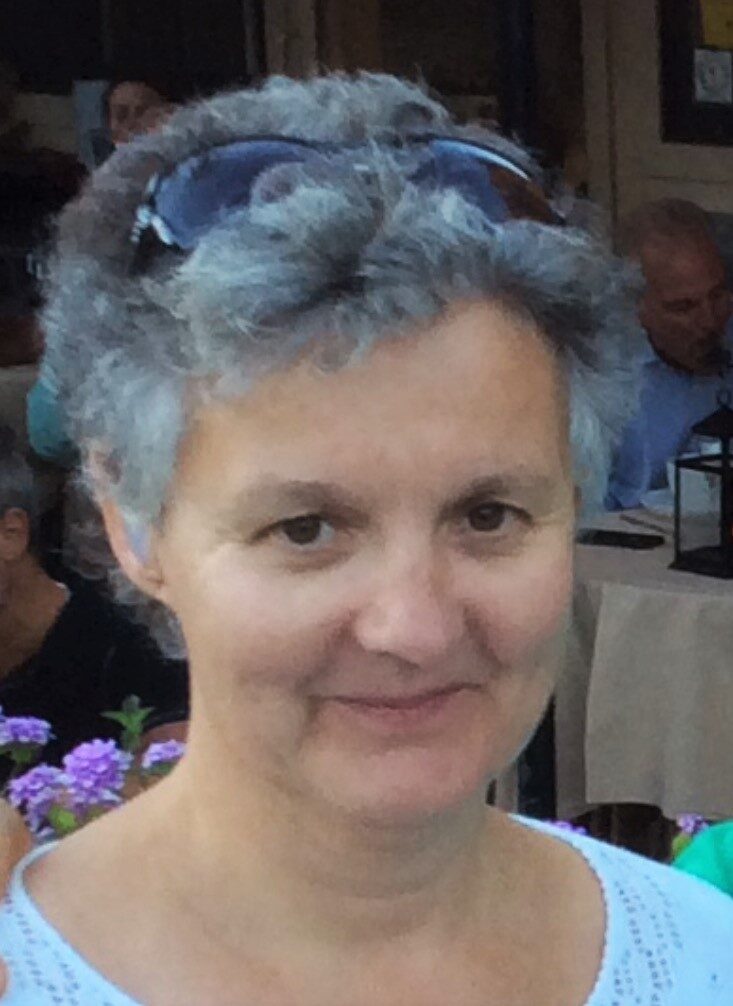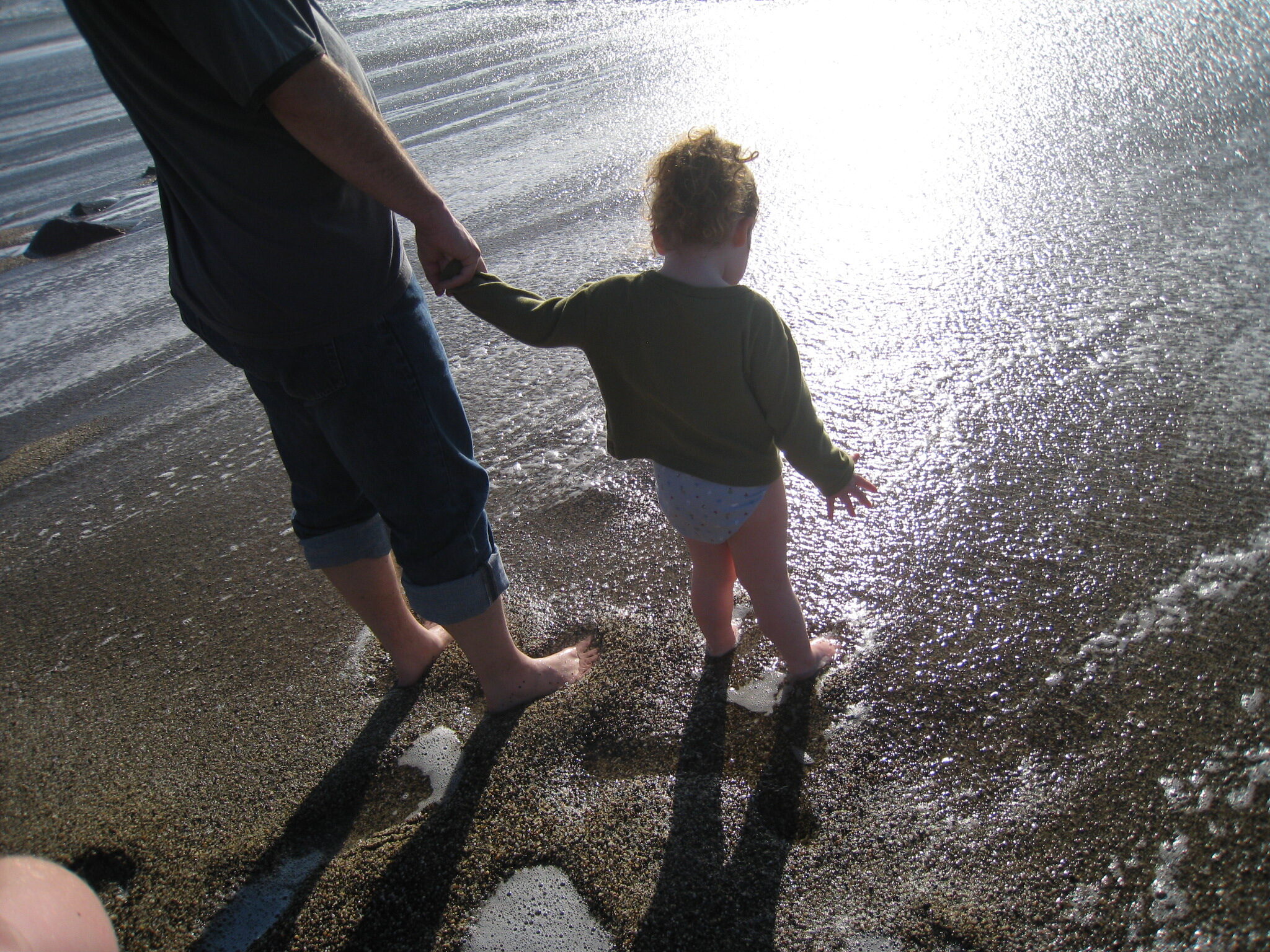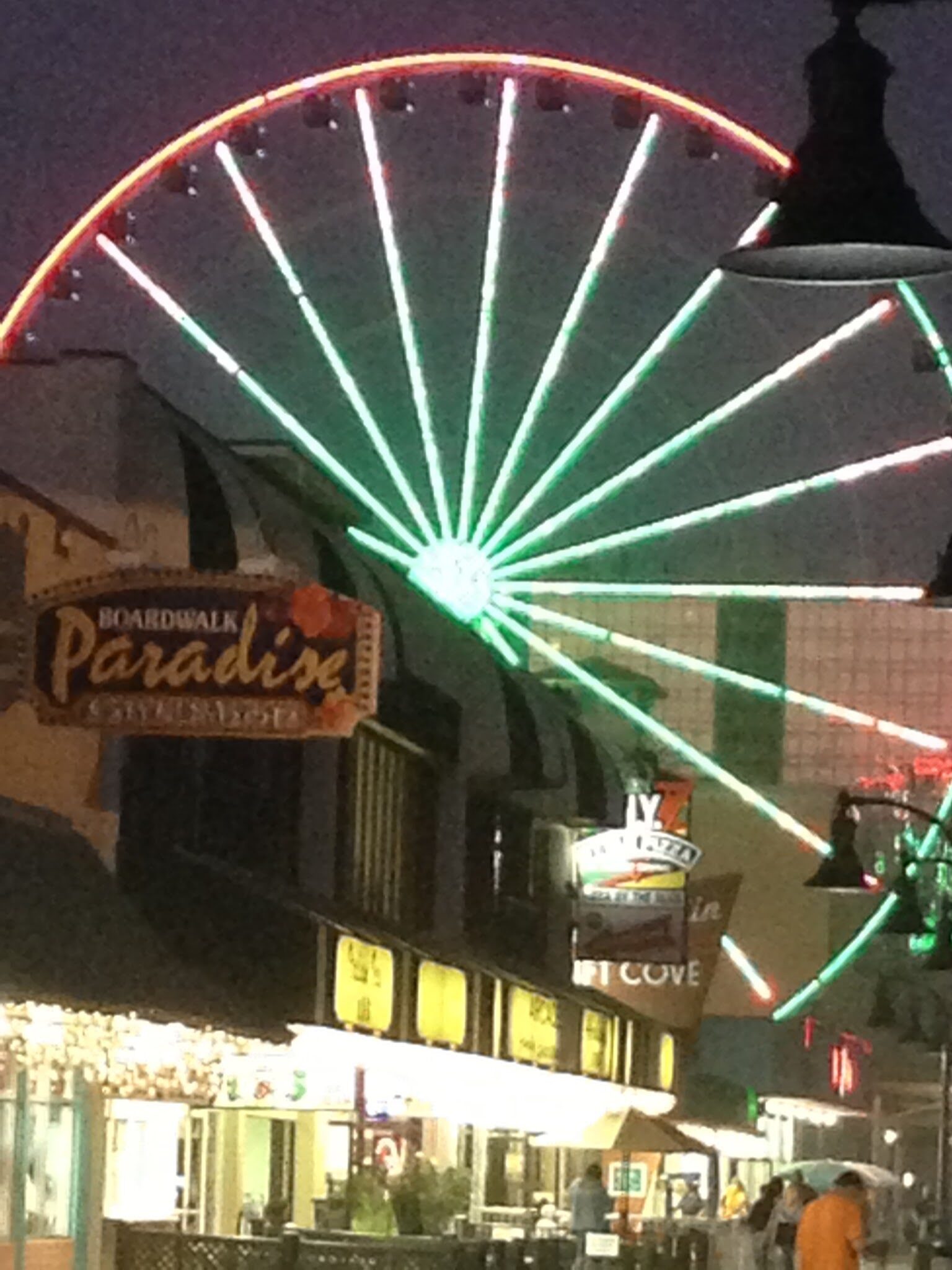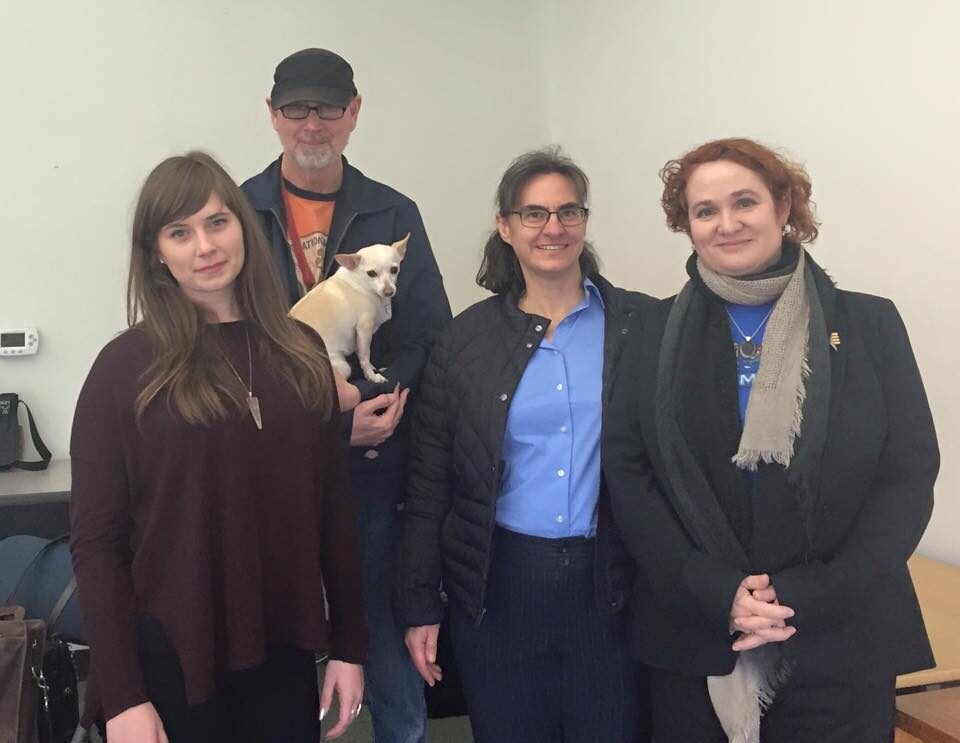Andrea Michael www.andreamichael.art Django of Cacharel [image: Black-and-white drawing of a dark horse wearing a bridle, with a windblown mane.] I wasn’t prepared for the imposter syndrome that set in after my autism diagnosis. Why? Possibly because, after my diagnosis, I scoured the Internet for autism material, found too many opinions that my version of autism wasn’t “real autism” — and heard more often than not that if I was late diagnosed, that meant I was at the very edge of the diagnosis, just a mild case with no “real” challenges. At the time of this writing, I am in my thirties. I was diagnosed on the autism spectrum three years ago, after seeking answers for troubles that had been ramping up since my childhood. My diagnosis of extreme chronic anxiety as a teen, then one of depression (later extreme chronic depression) in my twenties, while true and correct, were…
Year: 2016
Interview by M. Kelter theinvisiblestrings.com Anlor Davin is the author of the upcoming memoir, Being Seen. In her book, she describes lifelong struggles with “sensory chaos” and social pragmatics, all of which culminated in an adulthood diagnosis of autism. She was raised in France, but later immigrated to the United States. We recently spoke via email about these experiences, and her thoughts on navigating life on the spectrum. — M: I hear from many adults who suspect they are autistic, but grew up before spectrum diagnoses were available. They often ask if looking into the possibility of a diagnosis is something they should do, or if it is something they should avoid, since they’ve “made it that far” without one. I wonder if you could address those questions. What did the diagnosis mean for you, in terms of your quality of life? Were there any downsides? Anlor Davin [image: portrait of…
[image: Book cover, with the title, “Switched On: A Memoir of Brain Change and Emotional Awakening”] The new book Switched On is author John Elder Robison’s deeply personal account of seismic shifts in his emotional, social, and perceptual responses to other people, the world, and his own memories — due to participating in brain research on Transcranial Magnetic Stimulation (TMS) and autism. I spoke with Mr. Robison about his hopes in choosing this journey, its costs in terms of his own health and happiness, his autism advocacy, and the risk of frantic parents assuming his story means they need to use TMS on their autistic kids. Thinking Person’s Guide to Autism: Are you concerned that people might see Switched On as an argument for “normalization” treatments for autistic people? Even though you are careful to emphasize that “we cannot know the future, or the potential, of anyone,” even though you…
Shannon Des Roches Rosa www.squidalicious.com [image: White adult holding the hand of a toddler, in the wave zone of a beach.] The times, are they finally a-changing? Are we entering the era so many of us science-heeding autism-focused writers have hoped for, in which mainstream media outlets assume readers already know the autism-vaccine link is total bunk, and get to focus instead on reminding people why it’s so important to vaccinate their kids in the first place? I’d really like to say yes, going by two recent articles about the terrible real-world consequences of the vaccine avoidance movement: Over Half Of Measles Cases In U.S. Outbreaks Are Unvaccinated — Often Intentionally by Tara Haelle, at Forbes; and Why Vaccinating Your Kid Shouldn’t Even Be a Question by Maressa Brown, at Cosmopolitan (of all places). Neither article mentions autism once. Reading vaccine articles that don’t include at least one mention of…
Flickr photo by Laura Wechsler. Creative Commons License. [Image: East Asian person wearing blue headphones, seen through the door window on a NYC subway car.] At TPGA, April is Autism Acceptance Month. In keeping with (and quoting from) The Autistic Self-Advocacy Network’s Autism Acceptance Month project: “April is Autism Acceptance Month. During Autism Acceptance Month, we focus on sharing positive, respectful, and accurate information about autism and autistic people. “Autism Acceptance Month promotes acceptance and celebration of autistic people as family members, friends, classmates, co-workers, and community members making valuable contributions to our world. Autism is a natural variation of the human experience, and we can all create a world which values, includes, and celebrates all kinds of minds. “In a nutshell, Autism Acceptance Month is about treating autistic people with respect, listening to what we have to say about ourselves, and making us welcome in the world.” For Autism Acceptance Month…
Disabled people do not exist to make non-disabled people feel like heroes.
Clarissa Kripke, MD, FAAFP odpc.ucsf.edu In this important talk for anyone concerned about their, or their child’s, long-term living arrangements and supports, Dr. Clarissa Kripke explores progress made in community living for people with developmental disabilities. She explains how California’s Lanterman Act has been enormously successful by establishing an entitlement to community-based services and supports for people with developmental disabilities of all age, and how those services work. She also discusses specific successful cases, and clears up misconceptions about which housing models work best — both financially, and for quality of life. I’m the Mom of an Autistic teen. Of course I want what’s best for him. I want him to have opportunity, stability, care, and respect. After trying to learn everything I could, I realized that wanting what’s best, and knowing how to achieve it, are two different things. Fortunately, we live in California. The Lanterman Act was developed…
Emma Dalmayne autisticatedalmayne.com When I was diagnosed with Asperger’s syndrome two years ago I felt relieved, jubilant, and sad all at the same time. Relieved, because I now knew myself, I could understand so much more about myself. There were a lot of ‘ahh!’ moments to look back on! Jubilant, because I know knew I wasn’t unreasonable or a complete misfit; I was part of a neurodiverse community that helped me be proud of my autistic identity. Sad, for all the missed opportunities I had had, all the misunderstandings and meltdowns that are — in short — terrifying when you do not understand why you are going through them. Most of all I wanted to help other parents, as I am a mother to neurodiverse children, including two with complex needs, and felt I could offer help to others. I started a Facebook group with a large volume of autistics…
John Ordover Surfside Beach, South Carolina, a town just South of Myrtle Beach, has declared itself an “autism friendly travel destination.” For a deeper look into what this means on a practical level, John Ordover spoke with Champion Autism Network‘s Becky Large, the prime mover behind the project. Ms. Large is the parent of an autistic child. —- [image: Neon-lit Ferris wheel at night, behind a downtown entertainment district.] John Ordover: Before we get into the specifics of how the town is prepping for autistic kids and their families, what do Surfside and the surrounding area have to offer for vacationers in general? Becky Large: Water recreation, the beach, inlet and rivers, with boating, fishing (sea, surf, pier and fresh water), crabbing, clamming, oystering. There’s a Sky Wheel. Myrtle Beach boardwalk. Wacattee Zoo, zip lining, Broadway at the Beach, a museum, an aquarium, mini-golf, golf. Family Kingdom Amusement Park, water…
–> Shannon Des Roches Rosa Senior Editor, Thinking Person’s Guide to Autism Why do some autistic children and teens become self-injurious or aggressive? How can parents and caregivers help the kids in their care get through meltdowns safely, protect the kids themselves as well as family members, and anticipate and avoid future incidents? This was the topic of a recent workshop I moderated at Support for Families of Children With Disabilities, in San Francisco, with speakers Dr. Clarissa Kripke, Brent White, and Lindsey Anderson. The presenters covered a lot of material, which we’ll publish here in three parts: Overview (Shannon Des Roches Rosa) Medical and trauma-informed practices (Dr. Clarissa Kripke) Autistic professional and personal insights (Brent White and Lindsey Anderson) The workshop was well-attended (standing room only), engaged and productive. One of my favorite parts was that, after a short explanation of why “flappause,” or flapping one’s hands for applause,…






